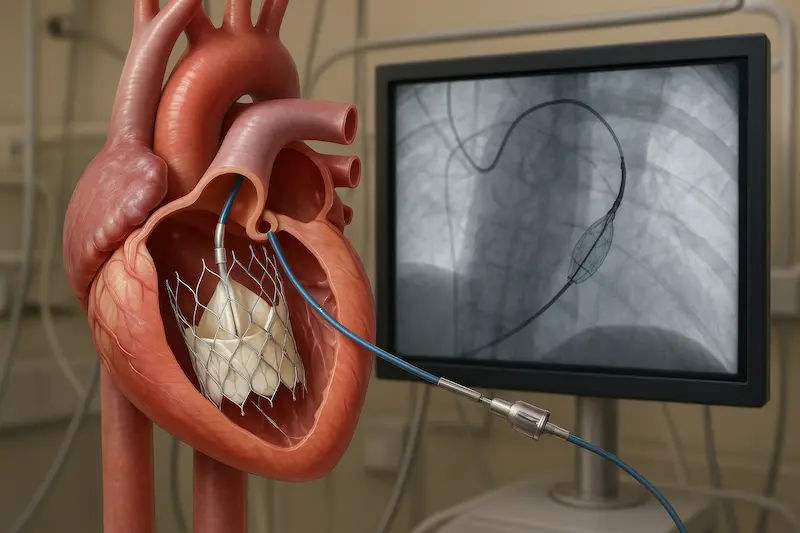- Male
- 18 Years
- 22/01/2025
I'm really curious about something - I've had tons of ECGs, echos, and TMTs over the past year, and while I suspect I might have POTS because my heart rate jumps to 120 bpm when I walk, that's not what I'm most concerned about right now. Today, I'm experiencing these really strong, sharp chest pains. They come and go, happening in one small spot that hurts for 23 seconds and then disappears, or sometimes it's a dull ache lasting 24 seconds and then it's gone. Occasionally, the pain stays for 30 seconds to a minute, which I've found is called Texidor's twinges. The sharp pains are intense, happening in one spot or feeling like multiple wires in my chest wall are hurting for a second, but then they just vanish. Even with the dull pains, they stop after a few seconds, and I've also been coughing for the last few days. Do you think this could be heart-related? Sometimes, stretching makes the pain worse before it eases up. What could be causing this?
Answered by 1 Apollo Doctors
It is important to consider the possibility of musculoskeletal chest pain, especially given the description of sharp, localized pains that last for a few seconds and can be triggered or worsened by stretching. The fact that you have been coughing for the last few days also suggests a potential respiratory component to your symptoms. To address the sharp chest pains, you can try taking over-the-counter pain relievers such as acetaminophen or ibuprofen. Additionally, using a heating pad on the affected area may help alleviate the discomfort. It is also advisable to practice deep breathing exercises to help relax the chest muscles. If the symptoms persist or worsen, it would be prudent to follow up with your healthcare provider for further evaluation and to rule out any cardiac issues.
Dr. Anshul Suggests...
Consult a Cardiologist
Answered 04/07/2025
0
0

More Cardiology Health Queries
View allI'm really concerned about my husband's ECG results. I've attached them for you to see. It shows sinus bradycardia and sinus arrhythmia. Could this be because he works out regularly? Do these results seem normal, or is there something we should be worried about?
Sinus bradycardia with sinus arrhythmia can be a normal finding in individuals, especially in those who are physically fit like your husband who regularly goes to the gym. It is usually not a cause for concern if there are no associated symptoms. However, it is important to monitor any symptoms such as dizziness, fainting, chest pain, or shortness of breath. If your husband is asymptomatic, no specific treatment is usually required. Just continue with regular check-ups with your healthcare provider to monitor his heart health.
Answered by 1 Apollo Doctors
I'm feeling a bit worried about my chest. I had covid a couple of months back and recovered, but this past week, I've been experiencing some tightness there. I had an ECG done and it came out normal, but I'm still concerned. Could you please take a look at my X-ray and let me know if everything seems okay?
Ecg and x-ray chest pa view is advised to the patient.
Answered by 1 Apollo Doctors
My father has 4 major blocks in his heart 3 are over 70% and one is 30%. I've attached the report for reference. The doctor recommended bypass surgery, but I'm wondering why angioplasty isn't an option here. Can you explain the reasoning behind this?
Is your father a diabetic patient? How is his physical built - thin, average, obese? Otherwise a active person or not?
Answered by 1 Apollo Doctors
Disclaimer: Answers on Apollo 247 are not intended to replace your doctor advice. Always seek help of a professional doctor in case of an medical emergency or ailment.





